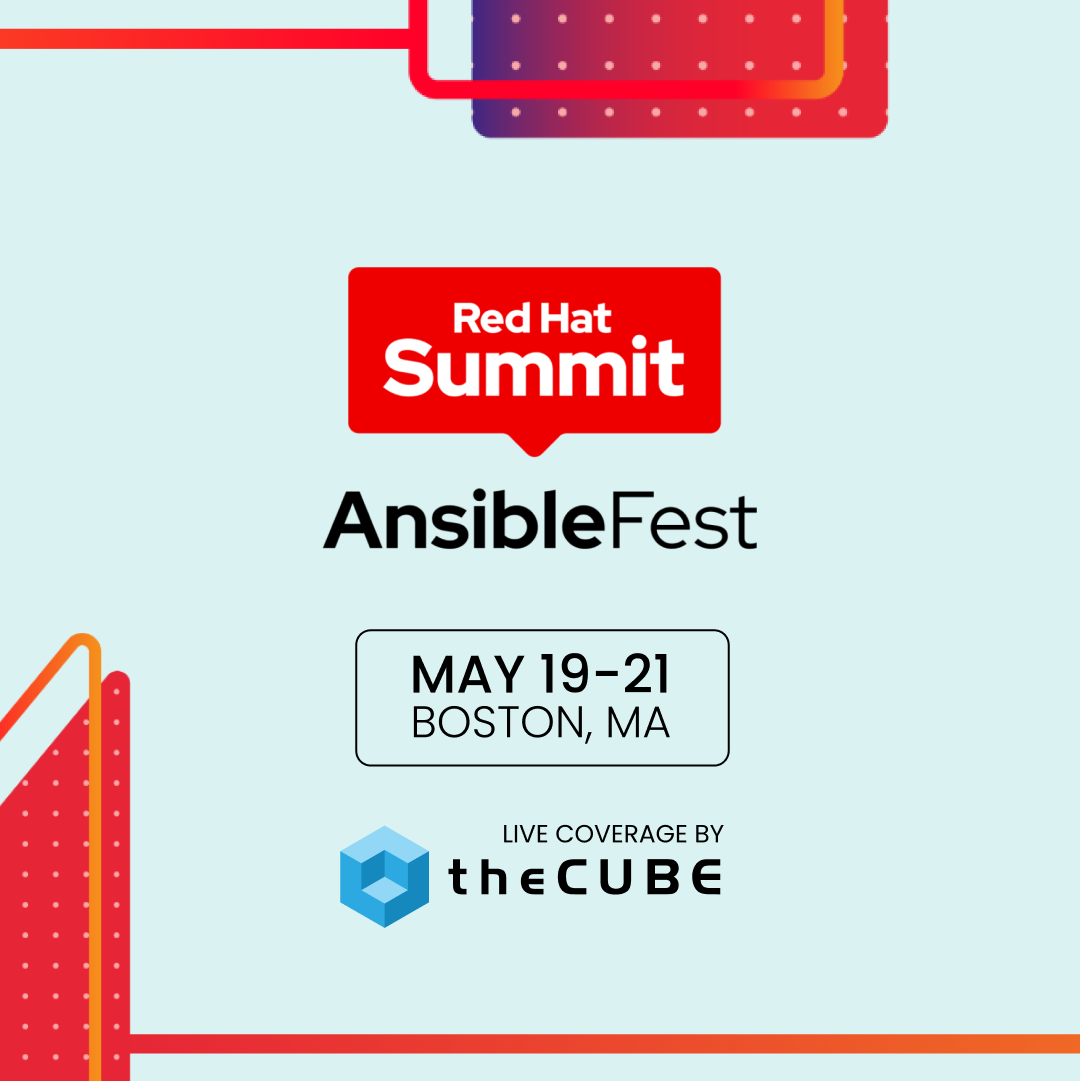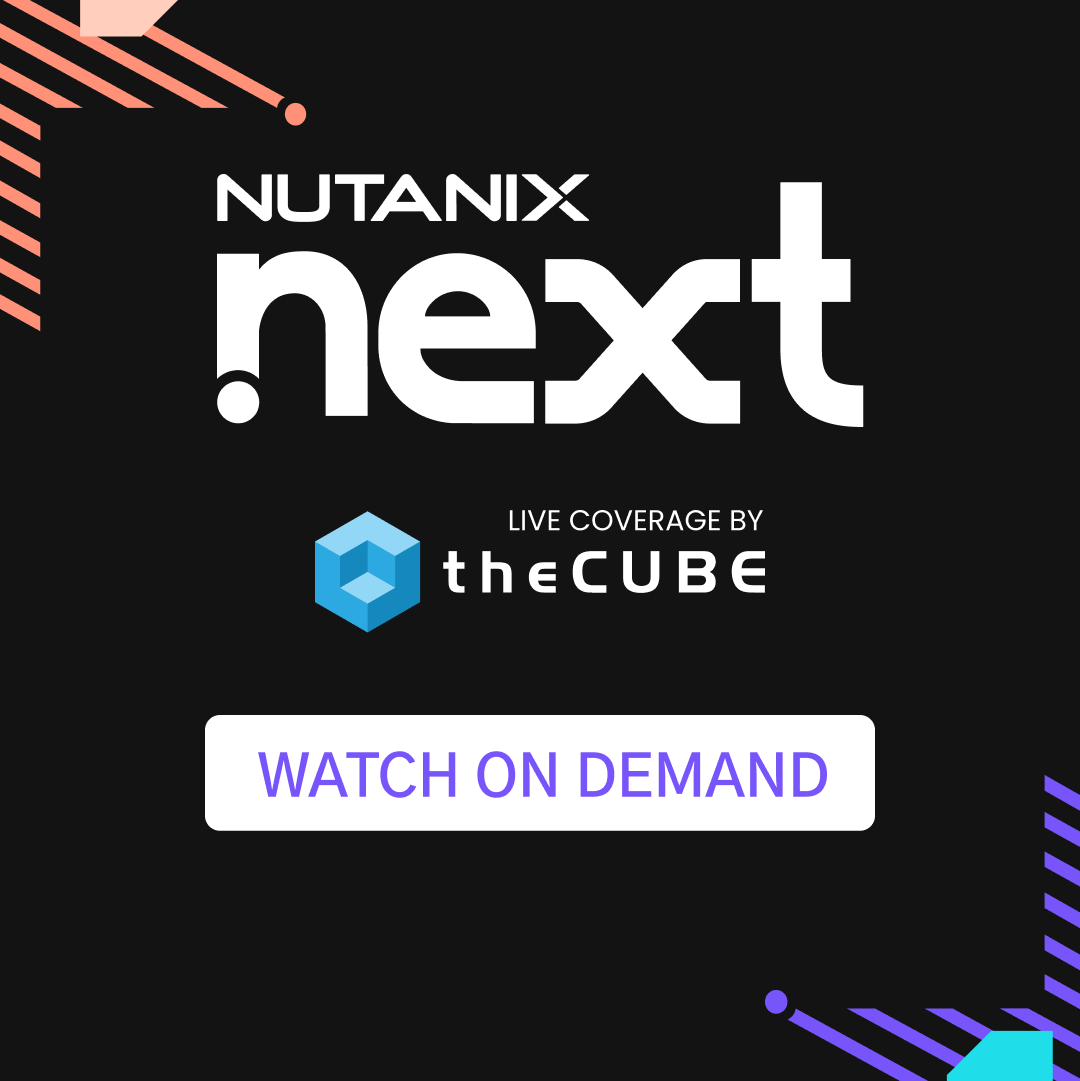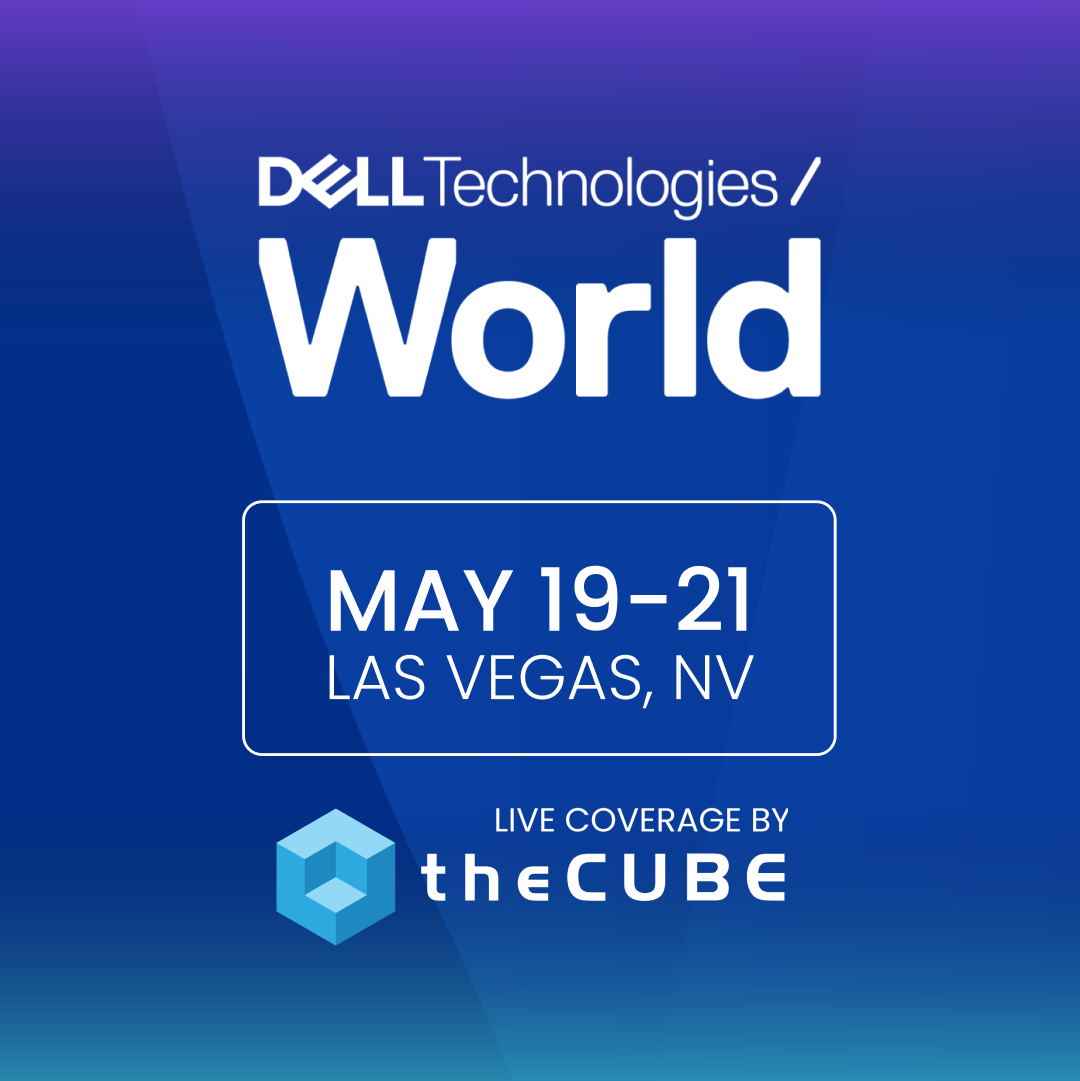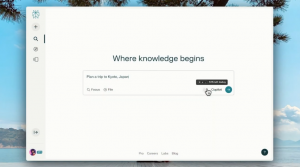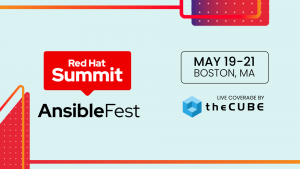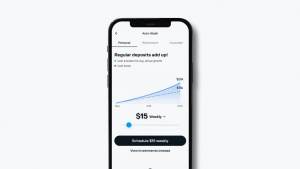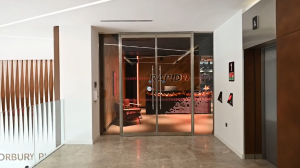Google: Wireless carriers a challenge for Internet of Things
![]() According to Google, the Internet-of-Things (IoT) will often require slow-but-cheap connectivity, pretty much the opposite of what wireless carriers offer today. The company has challenged carriers to make this IoT plan known so developers and customers can begin to plan their futures.
According to Google, the Internet-of-Things (IoT) will often require slow-but-cheap connectivity, pretty much the opposite of what wireless carriers offer today. The company has challenged carriers to make this IoT plan known so developers and customers can begin to plan their futures.
Google’s Don Dodge says current mobile plans are poorly suited for a world in which a customer owns many devices that send small amounts information infrequently. Dodge, Google’s developer advocate, made the remarks at the recent MIT Technology Review Digital Summit.
Dodge used the example of a sensor on a dumpster that sends small amounts of information daily or even weekly not being a good match for today’s monthly cellular plans. While some companies today have fleets of mobile data devices on a single lower-cost contract, that may not be a good pricing model, either.
Because most of this communication will be device-to-device, customers may be unaware of how much data is being sent. Even sending real-time information, such as heart rate or blood glucose measurements may require only teensy amounts of bandwidth.
Somewhat random thoughts:
- IoT devices may breathe life into older, slower EDGE and two-way paging networks, where they still exist. These may be perfect of IoT devices that can hit them.
- Power consumption by IoT devices will be a critical issue. Using the smallest amount of energy to make a connection will be important.
- Mesh networks could help solve the problem, allowing device-to-device relays until a WiFi connection appears to send the data to its destination. Where data is not greatly time-sensitive, this could be very effective and virtually free for users. It also reduces the amount of valuable radio spectrum required for IoT applications.
- Low-power Bluetooth, gaining favor for connecting smartphones to fitness devices, could be useful for IoT devices, too.
- Tethering devices to existing smartphones makes sense, but pricing plans may need to change to encourage it. AT&T invokes use-based pricing for tethering, and it is not even available to its legacy “unlimited data” customers.
- Carriers need a way for customers to attach multiple IoT devices to an existing cellular account, ideally at no additional cost.
- If customers pay, should it be on a per-device basis, the amount of data sent or both? I am sure carriers will say “both” however, as IoT devices become common, yet have only a small value assigned to them by users, what will customers perceive as a fair price?
- Will we simply pay a flat fee to connect all our devices to whatever networks they find are available? Can IoT connections and pricing be made transparent to users and customers?
- How about devices that, based on the importance/time sensitivity of the data, have multiple connection methods, perhaps beginning with Bluetooth, then WiFi, wireless data, cellular networks and satellites, depending upon the application?
How IoT devices connect and what those connections will cost is a crucial issue. One that will require time and experience to work out.
The first devices should, when possible, probably limit themselves to WiFi and Bluetooth connectivity, perhaps using a handset or PC app to gather and relay data. As those devices become popular, the cellular carriers and other wire-area connectivity players will have time to react with realistic and only mildly customer-hostile pricing.
At least, I can hope.
photo credit: littlelostrobot via photopin cc
A message from John Furrier, co-founder of SiliconANGLE:
Your vote of support is important to us and it helps us keep the content FREE.
One click below supports our mission to provide free, deep, and relevant content.
Join our community on YouTube
Join the community that includes more than 15,000 #CubeAlumni experts, including Amazon.com CEO Andy Jassy, Dell Technologies founder and CEO Michael Dell, Intel CEO Pat Gelsinger, and many more luminaries and experts.
THANK YOU



